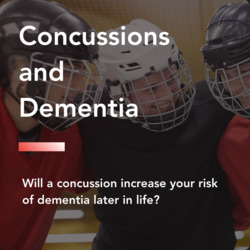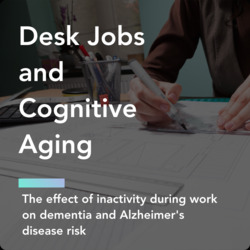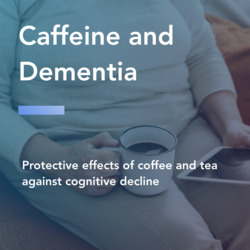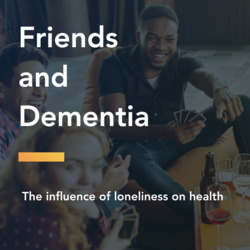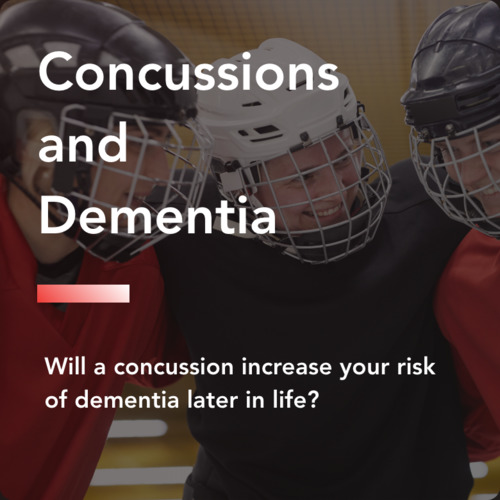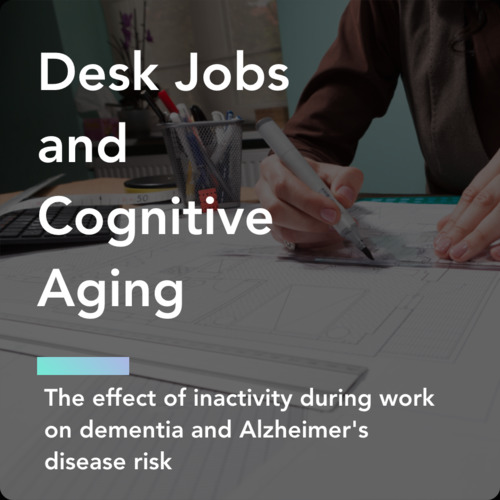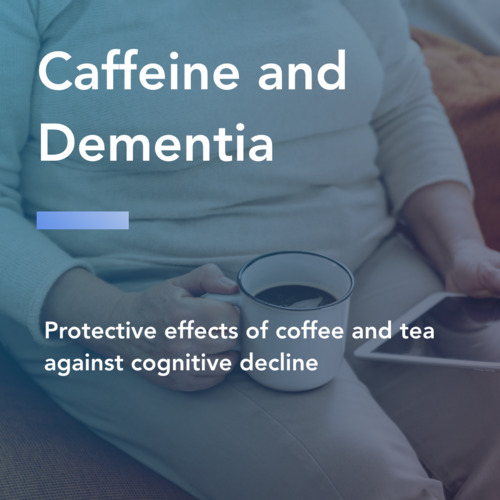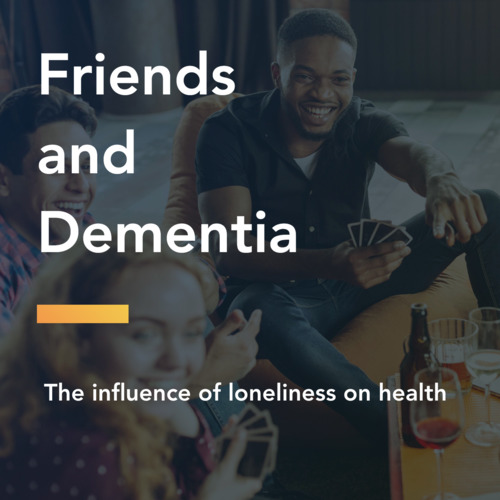Can reading reduce your risk?
As we get older, we have different health concerns to worry about. Our primary care doctors tell us to eat well, sleep well, and stay physically active in order to lower our risk of serious medical conditions later in life.
Dementia is a condition that describes various symptoms of cognitive decline. Older adults who develop dementia struggle with memory, communication, and decision-making skills.
Source: CDC
Luckily, scientists believe dementia is mainly caused by environmental factors as oppose to genetics. This means that we can actively lower our risk with our behavior.
A body of research exists on how to ‘work out’ your brain and stay mentally fit. Companies have invented apps with challenging games and riddles. Community centers promote social events and group activities.
In this article, we will examine the association between engagement in reading and dementia risk later in life.
Summary of the Study
A cohort of 942 adults above the age of 65 was followed for an average of six years each. Over this follow-up period, researchers collected medical information and self-reported activity habits. All participants were English speaking and had at least a 6th-grade education. They used a Clinical Dementia Rating score to determine if a participant developed dementia and to what severity.
Reading & DementiaStudy Setup
Study Parameters
Outcomes
Clinical Dementia Ratings & self-reported habits.
Location
Southwest Pennsylvania
Participants who did not develop dementia over the follow-up period were significantly younger, more likely to have completed at least high school, and engaged in a high level of exercise. These findings are supported by previous research!
Results say: Read a book!
Participants who did not develop dementia reported to read more books, newspapers, and magazines on average. However, reading books was the only activity with a statistically significant difference between the groups.
Individuals who developed dementia were less likely to have regularly read books. This was found to be statistically significant. (p<0.01)
The majority of those who remained dementia free during the follow-up period were significantly more likely to have read books.
The majority of those who developed dementia did not.
Reading magazines barely had any effect on the risk of dementia.
Magazines vs. Dementia Risk
Individuals who read magazines did not have a significantly lower risk of developing dementia.
Newspapers vs. Dementia Risk
Unlike books, nearly everyone studied had read newspapers. Therefore, newspapers did not correlate with dementia risk.
Source: Engagement in reading and hobbies and risk of incident dementia: The MoVIES Project
Was this a good study?
This study suggests a potential benefit of reading in reducing your risk of dementia. The findings are consistent with most other research on the topic of dementia prevention. The results are further supported by the fact that the same size was relatively high and it was conducted over a significant period of time.
Like all similar studies looking at populations, we cannot determine causality. We don't know whether reading books prevented dementia, or whether it correlated with other habits and traits that prevented dementia.
This study did not account for cognitive ability over the lifespan. We do not know if a participant’s past occupation affected their risk of dementia. The study is also not generalizable to other populations, particularly outside of the United States.
What we do know is that there are countless benefits of reading a book, and preventing dementia may be one of them!
What works best: Hobbies
Beyond reading, one of the strongest protective factors found was regular engagement in hobbies.
Those who pursued their hobbies for at least 6 hours a week had about half the risk of dementia compared to those who didn't, even after adjusting for age, gender, depressive symptoms, exercise, and self-reported health.
Hobbies vs. Dementia Risk
Risk among Hobby Enthusiasts
Spending 6+ hours a week on hobbies correlates to a significantly lower risk of dementia, even after adjusting for exercise, age, gender, education, and self-reported health.








